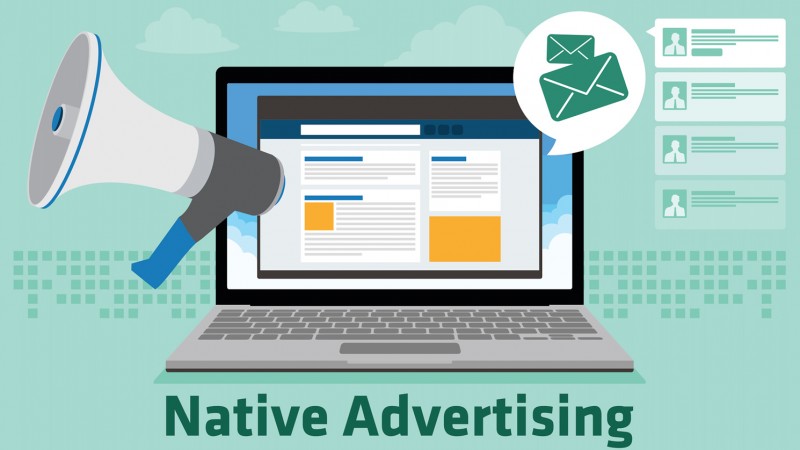101 Ad-Proof Tips!
- Details
- Written by Will from Holland
- Category: Articles

We're living in a world of advertisements, or ads, for short. Ads are everywhere around us, they're embedded in everything, and a lot of these ads don't even look like ads!
But here's one thing they all have in common: the ads want us to buy something, or believe something—whether or not there is value in what they're selling.
Some of us are getting accustomed to turning off our minds to ads (when we realize something actually is an ad.) With all the "clickbaiting" (eye-catching links to websites that then try to sell) and fake news around us these days, how do we know if any message is trustworthy? How do we protect ourselves from even a good ad? (Even a good ad is trying to convince you to spend, whether you can afford it or not.)
Here are a few solid tips:
-
Shop with a purpose! If you know what you need, you're not going to buy things you don't need or haven't budgeted for.
-
Maintain rather than buy. Do you really need that new gaming console—just because it is cooler than yours—or will your old one suffice for a few more years?
-
You're better off than the ads make you believe. Photoshop can make people prettier and the grass is always greener on the other side when it comes to hype in advertising. Don't fall for it!
-
Remember the things that marketers want you to forget. Is the product expensive? Can it be dangerous to your health? Remember, a seller is only going to tell you the good things about their product or service. Be sure to research the rest of the details!
-
Sexy food that makes us unsexy. So many foods are unhealthy. Think of all the added sugars in processed food (which is in 80% of all supermarket products). Why should milk or dog food need sugar? Unhealthy food makes you fat, no matter how sexy the ad.
-
Beware of peer pressure. Yes, the cool kid in school or the popular co-worker may have the latest gadget and look extra cool. Or your friend may have it and be cool too. If it crashes your budget, don't let the ad or peer pressure ruin your finances.
-
Scrape you off the ceiling. Perhaps an ad shows an expensive sports-car or an expensive flat-screen TV. You go look at it, but because the price is out of your league, you look around and see a cheaper model that suddenly doesn't look so expensive anymore. You end up buying the cheaper version. Smart… depending on how you look at it. Did you need a new TV or car in the first place?
-
Be skeptical about advocacy ads. They want to influence your opinion or stance on something (think fossil fuels, unions, pharmaceuticals). If they get you to think positive (agree with a direction) now you may vote with/for them later without realizing it.
-
Fear is a powerful motivator. Germs are dangerous. Child safety is the most important thing. Yes, in both cases, but marketers know you'll do anything to avoid risk and danger. Slow down and think about what you're doing, and if it really makes sense (IE. cleaning too much can make certain bacteria resistant).
-
Watch ads with your brain, not with your feelings. Sure, the ad may get your attention or tug at your emotions, but think of the FoolProof Mantra: Use caution. Question sellers. Rely on research.
You like to surf the web, right? When you venture out there, beware the ads!
Good luck,
Will

































